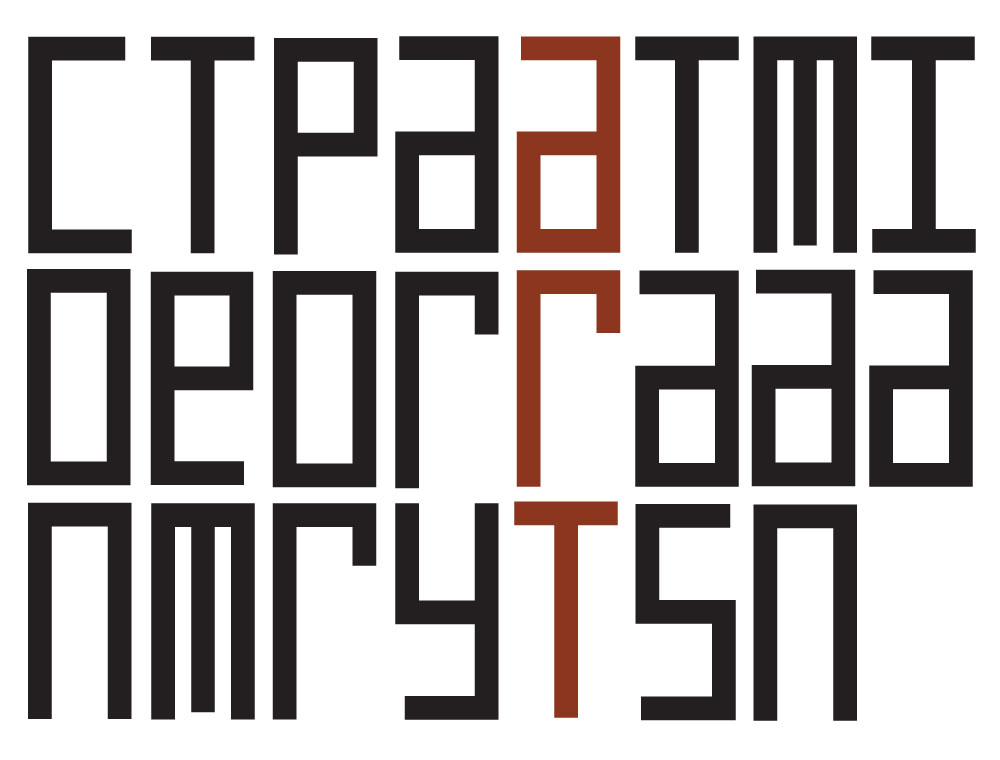Artist
Bethany van Rijswijk
Black Swan Bookshop
11 Stephen St, New Norfolk TAS 7140
Book Launch: 5:00pm, 19th December 2020
Limited copies of the The Invisible Harvest: A Microhistory of Heretical Herbs will be available at Black Swan bookshop after the launch event.
The practice of micro-history as Bethany van Rijswijk so beautifully demonstrates in The Invisible Harvest is critical of the dominance of such approaches to history, opting instead for a finer lens that shifts the historical focus from the grand narratives of politics or science, to more intimate knowledges or lore, embedded within everyday cultural activities and practices. This is not to say that micro-history ignores the operations of power – on the contrary, it takes the critique of power within history writing as its starting point, deliberately focusing on details that have been overlooked by the ‘macro’ narratives and speculating on how and why such details have been marginalised, buried, ignored or in theory-speak ‘othered’ by more traditional methods. What this means in The Invisible Harvest, is that we do not get the stories of kings or queens or scientists or doctors, or even historians, but rather we get a richly detailed account of several herbal protagonists and how their particular toxic and psychoactive effects on the human body and mind have been characterised in particular ways.
The critical and poetic work underpinning Bethany’s text is considerable. Her text explores how folk knowledges that linked the psychoactive and poisonous qualities of herbs to practices of magic, fantasy and enchantment, were seen as heresy during the medieval and early modern period, and subsequently how a whole system of folklore and secular knowledge came to be treated with suspicion and disregard. Whilst this may sound like a rather heavy-duty research aim, there is a lightness of touch in Bethany’s book, a whimsy and even rebelliousness that in refusing to dwell on any singular line of inquiry allows us to envisage a world teaming with different ideas, otherworldly figures and meanings, a bit like looking at the composition of knowledge through a microscope. As she introduces us to her cast of protagonists – the Deadly Nightshade, Foxglove, Mandrake, Ergot Fungus, and Fly Agaric Mushroom – we get the sense of a detective going about her work, hunting and gathering a diverse range of sources, looking for webs of social, cultural, textual and visual details, and recording the unexpected collisions that enrich existing knowledges and generate new stories and forms.
Eliza Burke, excerpt from the publication launch speech

